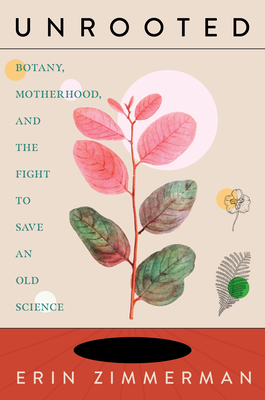What do you think?
Rate this book


272 pages, Hardcover
Published April 16, 2024
The knowledge base of natural history is under threat as research funding is increasingly focussed on fast-paced, short-term experimental work over the slower-paced, longer-term observational work necessary to build and maintain it. I felt compelled to write this book because it seems to be a problem that everyone in biological research and almost no one outside of it is aware of. Like many of the extinctions quietly proceeding around the world, it just isn’t something we hear about. We as citizens and stewards of this planet owe it to ourselves and our children to be aware not only of the issue but of the opportunities we have to contribute to its solution.
Sitting down to my stack of herbarium specimens and alcohol-preserved flowers every day felt like losing myself in a good book. Scientific research topics can seem narrow to the point of absurdity, like an entire career spent on a single species, but ask any scientist, and they’ll tell you that there really is a lifetime’s worth of discovery there. It speaks to the complexity of our universe that even the thinnest slices can be so expansive. To me, sustained, close attention to a little-regarded slice of that universe felt spiritual, like time spent in quiet worship before a vast and intricate cosmos, trying to know it just a little bit better.
There was no one dramatic incident that extinguished my desire to be in research. What I’d faced was an environment in which I was under strong pressure to never need accommodation, to never let anyone see that I had other loyalties in my life. It was a death by a thousand tiny cuts. And that’s what makes this story important, because I suspect that’s how it is for many of the nearly half of all women in science who leave after becoming mothers. Each time you’re made to feel unprofessional for having caregiving responsibilities, each time you’re made to feel like a burden for requesting minor accommodation . . . it wears you down a little more. You believe that you are the problem. And when the reward at the end of those years of hard work and low pay are far from assured, it doesn’t take a PhD to figure out you might be happier and better off elsewhere, no matter how much you loved the actual science and the questions you were trying to answer.